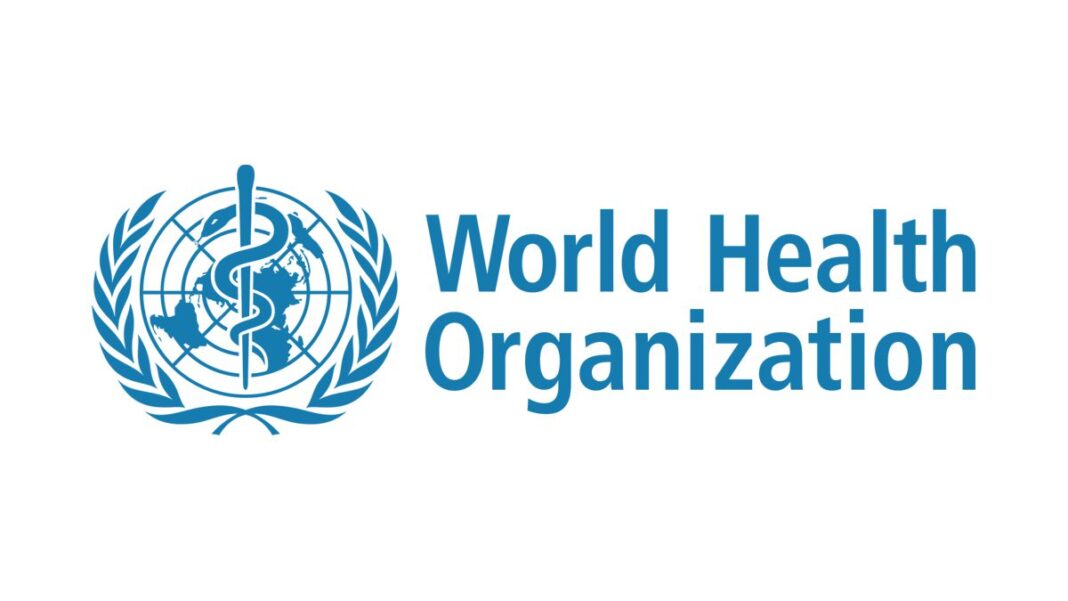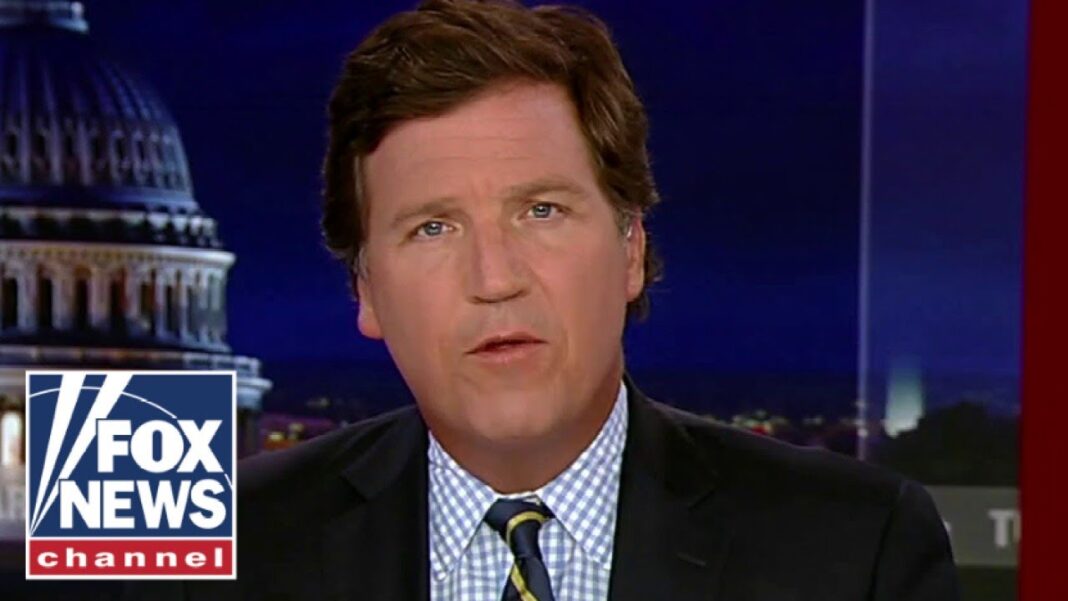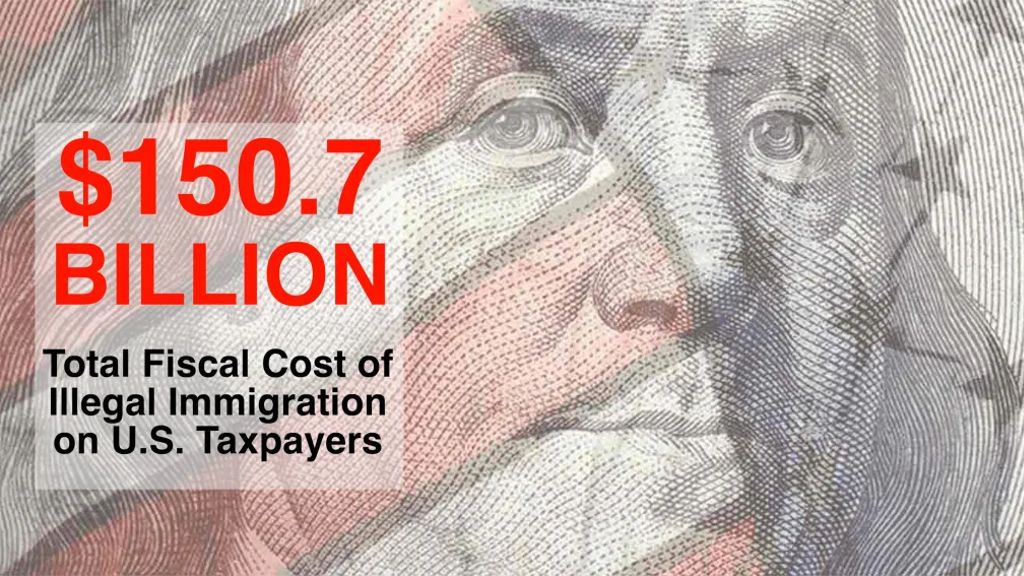The lead negotiator representing the United States in discussions on a global pandemic accord said in a statement this week that the United States is committed to the accord amid debate on the draft document.
Leaders are meeting this week in Geneva as part of the fourth meeting of the Intergovernmental Negotiating Bureau (INB) to consider a “Zero Draft” (pdf) of the agreement.
The INB was set up by the World Health Assembly in December 2021 to “draft and negotiate a convention, agreement or other international instrument under the Constitution of the World Health Organization to strengthen pandemic prevention, preparedness and response.”
The first draft was released this month and is being debated during this week’s meeting and will be continuing in April. The INB will issue a report on the development of the accord at the WHA in May with a final report expected in 2024. On the agenda this week is to decide whether the draft will be the basis of negotiations for a pandemic accord and discuss the document in-depth.
Ambassador’s Recommendations
The U.S. pandemic negotiator for the proposed accord, Ambassador Pamela Hamamoto, said this week that the United States is committed to forming the accord as part of a “major component of the global health architecture for generations to come.”
“Shared commitment, shared aspirations and shared responsibilities will vastly improve our system for preventing, preparing for, and responding to future pandemic emergencies,” she said. “We seek a Pandemic Accord that builds capacities; reduces pandemic threats posed by zoonotic diseases; enables rapid and more equitable responses; and establishes sustainable financing, governance, and accountability to ultimately break the cycle of panic and neglect.”
Hamamoto said the draft has a lot of work to build on and specifically said it is unbalanced toward response at the expense of prevention and preparedness.
“While we need to avoid duplicating substantive elements contained in the [International Health Regulations], such as surveillance and alerts, we need to discuss how best to address pandemic prevention and preparedness here,” she added. “These efforts should be mutually supportive and complementary.”
By Chase Smith







